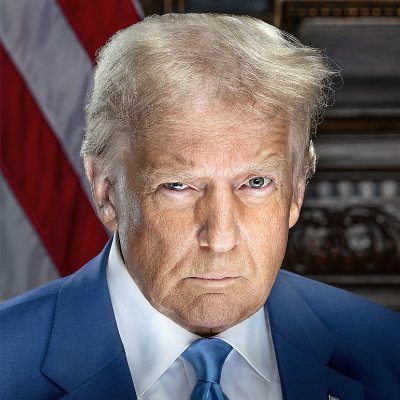India's Strategic Patience in Navigating US Tariff Policies
India has demonstrated remarkable maturity and strategic foresight in its approach to navigating the turbulent waters of trade negotiations with the Trump administration. As the United States continues to push its "America First" agenda, including reciprocal tariffs and demands for reduced trade barriers, New Delhi has chosen a path of cautious engagement and measured concessions. This approach not only underscores India's growing confidence on the global stage but also reflects its understanding of the broader geopolitical and economic dynamics at play.
From the outset, India's response to Trump's tariff rhetoric has been characterized by pragmatism. While the US President has criticised India's "massive" tariffs and called for significant reductions, New Delhi has refrained from reacting impulsively. Instead, it has engaged in constructive dialogue, emphasising the mutual benefits of a balanced trade relationship. Recent tariff reductions on select American exports, such as bourbon whiskey and electric vehicles, signal India's willingness to accommodate US concerns without compromising its core economic interests.
This calibrated approach is particularly commendable given the broader context of Trump's trade policies. The administration's aggressive stance has already begun to face domestic and international blowback. Reports of economic uncertainty, stock market volatility, and growing discontent among US allies suggest that the long-term sustainability of these policies is in question.
For India, this presents an opportunity to adopt a "wait and watch" strategy. By maintaining its current course of measured concessions and strategic patience, New Delhi can avoid unnecessary confrontations while positioning itself as a reliable and cooperative trade partner.
Moreover, India's focus on diversifying its trade relationships with other global players, such as the European Union and Australia, further strengthens its negotiating position.
New Delhi's handling of the Trump administration's tariff demands reflects a mature and nuanced understanding of global trade dynamics. As the blowback from Trump's policies continues to unfold, India would be well-advised to stay the course, leveraging its strategic patience to secure favourable outcomes. The key lies in balancing immediate concessions with long-term interests, ensuring that India's economic sovereignty remains intact, while fostering a robust and equitable trade relationship with the United States.


